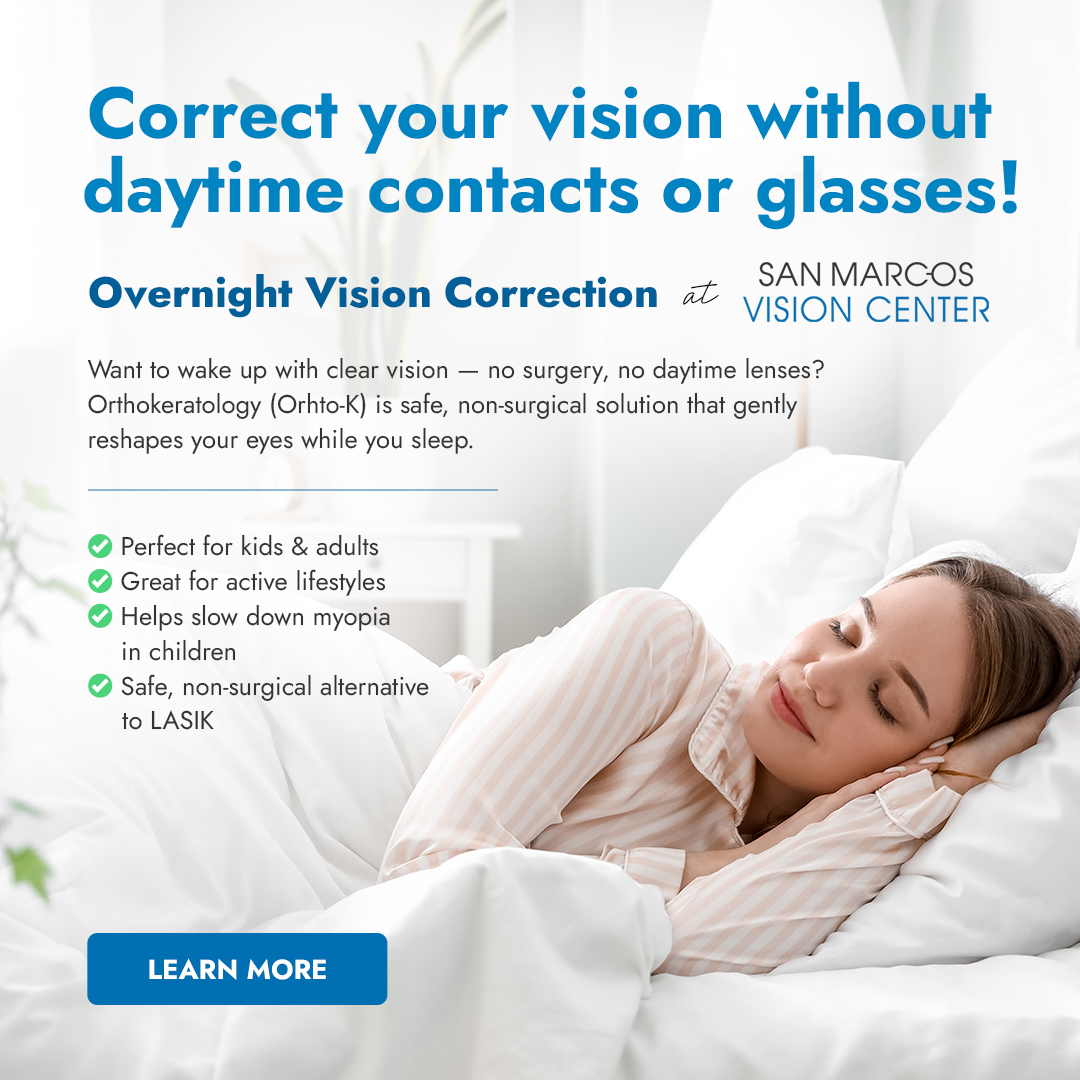
Maintaining good vision is crucial at any age, but as we grow older, our eyes can become more susceptible to various health issues that can impair sight. For seniors, taking proactive steps to preserve eye health is as important as managing any other aspect of their well-being. In this detailed guide, we'll cover the essentials of eye health maintenance for older adults, providing practical advice to help seniors see life more clearly for years to come.
Understanding Age-Related Eye Changes
As we age, natural changes occur in our eyes that can affect our vision:
● The lens can become less flexible, making it more difficult to focus on close objects—a condition known as presbyopia.
● The pupil may shrink and not dilate as well in low lighting, affecting night vision.
● Cells in the retina and lens can degenerate, diminishing color perception and contrast sensitivity.
● The risk for conditions such as age-related macular degeneration (AMD), glaucoma, cataracts, and diabetic retinopathy escalates with age.
Awareness of these potential changes is the first step in maintaining eye health. By understanding what is normal and what is not, seniors can better advocate for their eye health.
Regular Eye Examinations
Regular comprehensive eye exams for seniors are crucial. These should include:
● Visual acuity tests: Check how clearly each eye can see.
● Refraction assessments: Determine the correct lens power needed to compensate for any refractive errors like nearsightedness or farsightedness.
● Eye pressure tests: Help detect glaucoma.
● Retinal examination: Assess the health of the retina and can indicate diseases like AMD or diabetic retinopathy.
Seniors should have their eyes examined at least once a year or more often if recommended by their eye doctor.
Nutrition for Eye Health
Nutrition plays a vital role in maintaining eye health:
● Vitamins A, C, and E, along with minerals like copper and zinc, are antioxidants that can help protect the eyes from damage.
● Lutein and zeaxanthin: These carotenoids found in green leafy vegetables and eggs can help ward off age-related vision issues.
● Omega-3 fatty acids: Found in fish, these can help prevent dry eyes and may also help prevent AMD and glaucoma.
A balanced diet rich in these nutrients, combined with a healthy lifestyle, can help keep the eyes functioning properly.
Managing Chronic Conditions
Chronic conditions such as diabetes and high blood pressure can have a significant impact on eye health. Managing these conditions through medication, diet, and exercise can reduce the risk of eye problems. It is also crucial that seniors share their full medical history with their eye doctor since many diseases can have ocular manifestations.
Protecting Eyes from the Sun and Injury
Sunglasses aren't just fashion accessories; they are essential protective gear for the eyes. Seniors should choose sunglasses that block 99% to 100% of both UVA and UVB radiation. Additionally, wearing hats with brims can reduce sun exposure.
When engaging in activities that could pose a risk to the eyes, like certain sports or home repairs, seniors should wear protective eyewear to prevent injuries.
Regular Physical Activity
Regular exercise is not only great for overall health but also for eye health. Physical activity can help reduce the risk of diseases that can lead to vision problems, including obesity, stroke, and type 2 diabetes. Exercise can also help reduce pressure in the eyes, which can decrease the risk of glaucoma.
Smoking Cessation
Smoking can adversely affect eye health, increasing the risk of cataracts, AMD, and damage to the optic nerve. It is never too late to quit. Seniors who smoke should seek help to quit smoking for their vision and overall health.
Adequate Sleep
Good eye health depends on adequate rest. Sleep allows the eyes to fully repair and recover from the day’s activities. A regular sleep schedule can help maintain eye health, reducing the risk of dry eye, strain, and fatigue.
Eye Hygiene and Safety
Seniors should be mindful of eye hygiene, including:
● Hand hygiene: Regular hand washing can help prevent the spread of infections that can affect the eyes.
● Care with cosmetics: Eye makeup should be used cautiously and kept up-to-date to avoid infections.
● Contact lens care: For those who wear contacts, proper cleaning and replacing lenses as prescribed are vital to avoid infections.
Home and Lighting Adjustments
Proper lighting and reducing glare can significantly improve vision comfort. Seniors should ensure their homes are well-lit, with adjustable lighting to accommodate different activities. Furthermore, using high-contrast colors and large prints can make reading and other activities easier, reducing eye strain.
Assistive Devices and Technology
From magnifiers to special lenses, there are various assistive devices that can help seniors with visual impairments. Today’s technology also offers a range of options to support those with vision loss, including audiobooks, voice-activated devices, and software that can enlarge text on screens.
Proactive Steps for Seniors in Preserving Vision
As we age, taking proactive steps to preserve our vision becomes increasingly important. Here are actionable measures every senior should consider to ensure their eyes remain as healthy as possible:
● Schedule a comprehensive eye examination if you haven't had one recently.
● Review your diet and adjust it to include more eye-friendly nutrients.
● Start an exercise routine that's appropriate for your physical abilities.
● Talk to your healthcare provider about quitting smoking if you are currently a smoker.
● Assess your home lighting and make necessary enhancements. Eye health is a journey that every senior can approach with the knowledge and resources to make the best of their golden years visually enriching. So let's keep our eyes on the prize—clear vision for life!
Conclusion
Eye health is a critical factor in maintaining independence and quality of life for seniors. By understanding the vision changes that come with age, staying proactive with eye exams, leading a healthy lifestyle, and making the necessary adjustments in daily habits and home environment, seniors can greatly contribute to the health of their eyes.
Vision loss is not an inevitable part of aging. With the right care and attention, many conditions can be treated or managed effectively. Remember, preserving your eyesight starts with you!

 Specialty Contacts
Specialty Contacts





